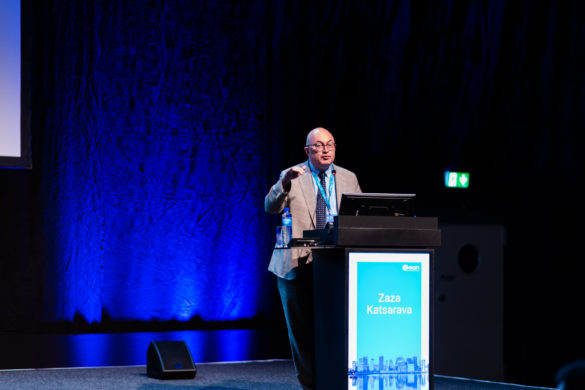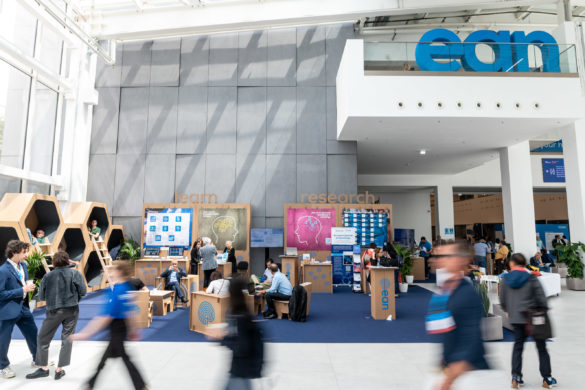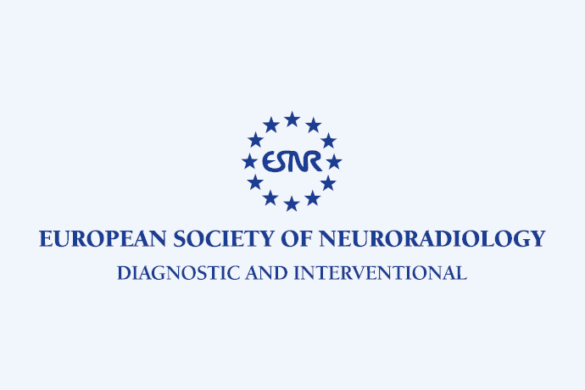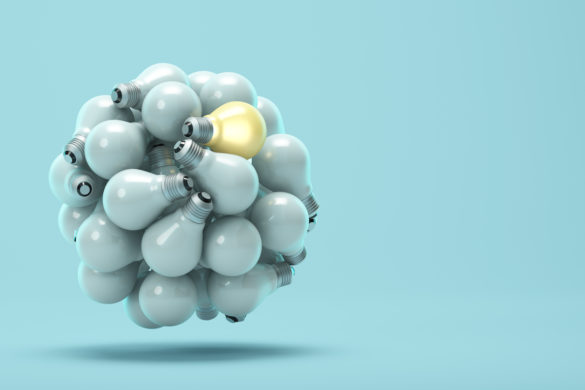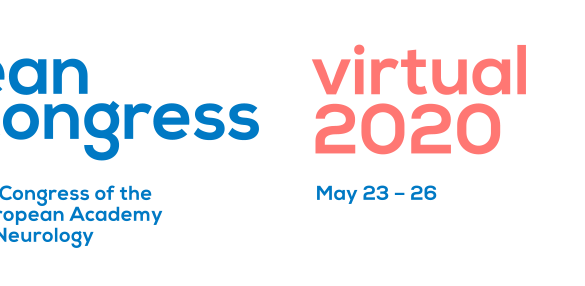The seventh EAN congress officially got under way on Friday, June 18, with the meeting’s first plenary symposium, the Opening Session, marking the start of the academy’s second virtual congress. Following a year of continued challenges since the previous congress, EAN has adapted further to the ongoing global circumstances and—drawing on the hugely positive outcome of last year’s first virtual event—offered up another online meeting to keep the neurological world abreast of the very latest developments in the field.
Addressing online participants live from the Main Auditorium at the Austria Center Vienna, EAN President, Prof. Claudio Bassetti recounted a year of intense activity for the organisation, which has naturally seen a large amount of focus placed on research and dissemination of information on the subject of COVID-19. He placed a strong emphasis on the lessons learned from the pandemic, addressing the interdependence of health, social and economic structures, as well as the necessity of dynamic and systematic approaches. The overall message was that a focus on collaboration and sharing information is the way forward, not only in terms of research, but on a human and social level.
Bassetti also touched on new EAN projects that have been in the works, such as a new Mentorship Programme that will aim to pair younger neurologists with experienced mentors; the 45,000 Brains project, which will give neurologists a platform to share and assist each other with tricky neurology cases; as well as ongoing preparations for the future EAN e-learning platform.
Vanessa Carvalho, chair of the EAN Resident & Research Fellows Section, was next in the spotlight, giving an update on the recent activities of the RFFS, which now represents 83 countries from all over the world. She went on to give an outline of the section’s future aims and a summary of the many activities and sessions recommended by the RRFS for students and young neurologists.
Prof. Thomas Berger, chair of the EAN Scientific Committee, then offered some warm welcoming words, before handing over to Dr. Tony Marson, chair of the Programme Committee, to introduce the Opening Lecture, presented by Jürgen Knoblich, Scientific Director of the Institute of Molecular Biotechnology at the Austrian Academy of Sciences.
Knoblich and his team are well known for demonstrating that organoids derived from human pluripotent stem cells can be used to model human disease—a breakthrough that was ranked among the top 10 scientific discoveries in 2013 by Science magazine. In his inspiring Opening Lecture, ‘Cerebral organoids: modelling human brain development and neuro-psychiatric disorders in stem cell derived 3D culture’, he gave participants a fascinating insight into cerebral organoids, providing an overview of the technology and taking a thorough look at a specific case in which organoids were used to examine the causes of Tuberous Sclerosis Complex.
Knoblich’s research shows that by using cerebral organoids to study defects that lead to neuro-developmental disease, we can gain unique insights into the development of the human cortex that cannot be made in more traditional rodent model organisms.
Following the lecture, Bassetti introduced EAN´s Honorary Members for 2021: former EAN President, Prof. Günther Deuschl from Kiel, Germany, and Prof. Philip Scheltens, from Amsterdam, both of whom received the honour in recognition of their outstanding contributions to neurology.





